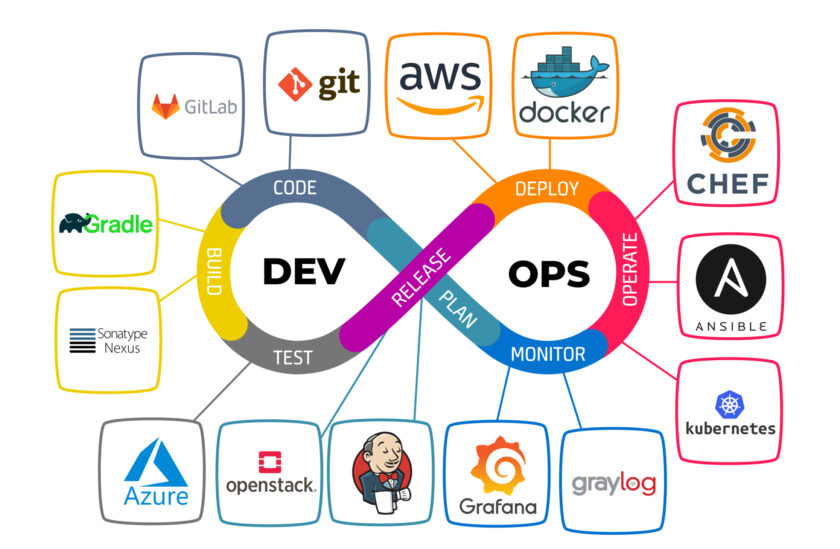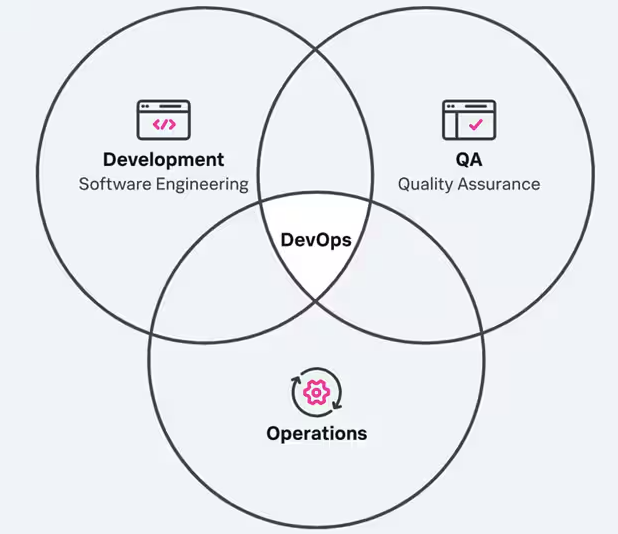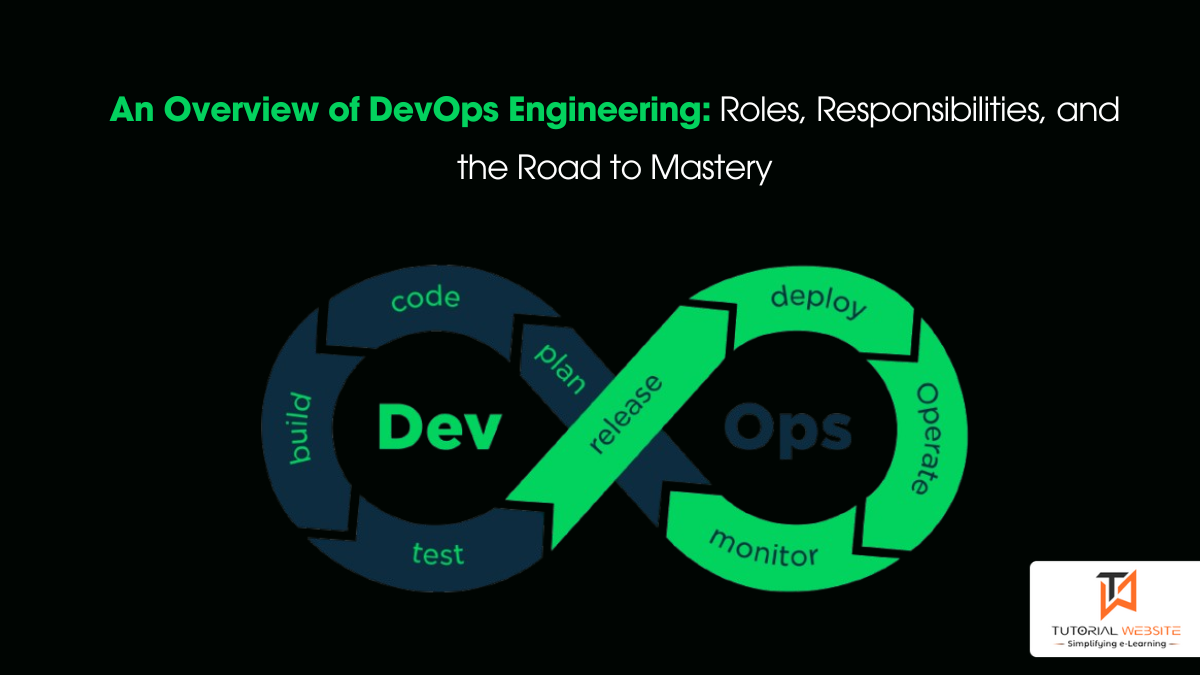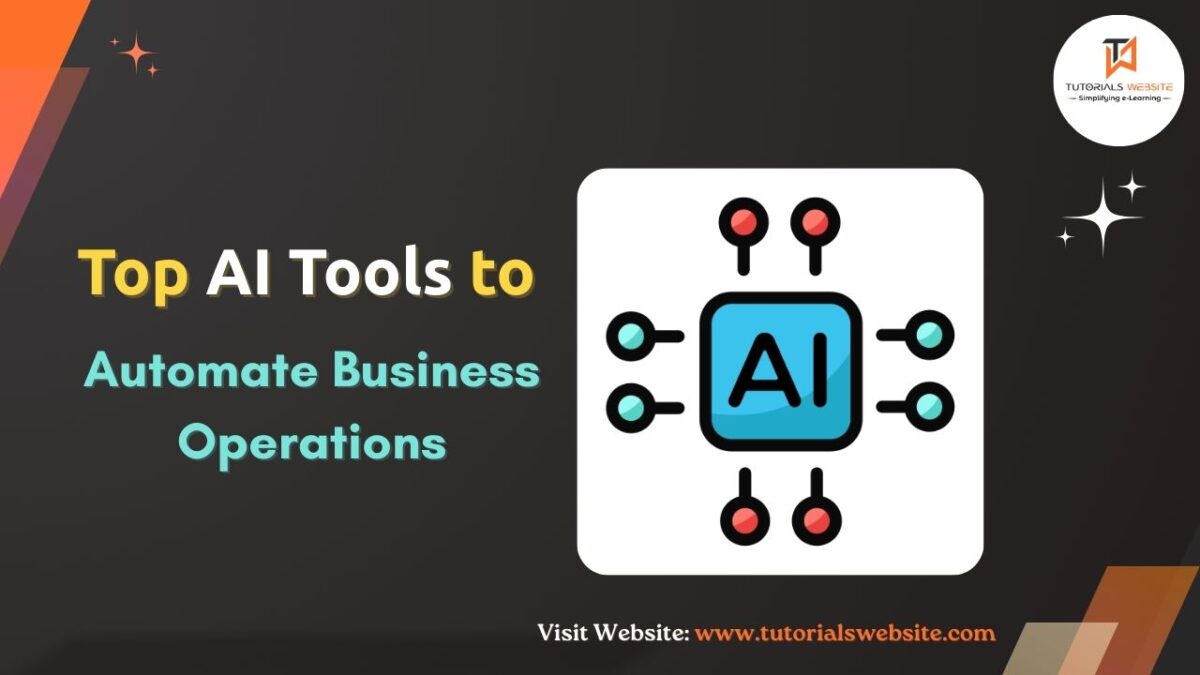In the current tech-driven environment, companies aim to deliver software in a timely, dependable, and frictionless manner. This is the point at which DevOps engineers are useful. But what does a DevOps engineer actually perform, and how can a developer become a proficient DevOps professional? These queries are addressed in this article, which also offers doable actions for your journey.
Suggested Read: Mastering Prompt Engineering: A Beginner’s Guide
What is DevOps Engineering?
Software development (Dev) and IT operations (Ops) are fundamentally combined in DevOps. DevOps engineers focus on automating and streamlining the development lifecycle, ensuring faster delivery of software with higher reliability. By fostering collaboration between development and operations teams, DevOps eliminates traditional silos, enabling smoother workflows and a culture of continuous improvement.

Roles of a DevOps Engineer
A DevOps engineer is the glue that holds the development and operations teams together. Here are some of their key roles:
- Collaborator: Bridges communication gaps between developers, testers, and IT operations to achieve shared goals.
- Automation Specialist: Implements automation tools and processes to enhance efficiency and minimize manual tasks.
- Infrastructure Manager: Designs, builds, and maintains scalable and secure IT infrastructure.
- Monitoring Expert: Sets up tools to monitor application performance, ensuring systems remain reliable and resilient.
- Security Advocate: Integrates security measures (DevSecOps) throughout the software development lifecycle.

Image Source: Click here
Responsibilities of a DevOps Engineer
1. Building and Maintaining CI/CD Pipelines
- Automates the process of code integration, testing, and deployment.
2. Infrastructure as Code (IaC)
- Uses tools like Terraform or Ansible to define and manage infrastructure programmatically.
3. Monitoring and Incident Response
- Implements tools such as Prometheus, Grafana, or ELK Stack to monitor system health and respond to incidents promptly.
4. Containerization and Orchestration
- Works with Docker for containerization and Kubernetes for managing containerized applications.
5. Collaboration Across Teams
- Facilitates seamless interaction between developers, QA teams, and operations.
Also Read: Best Practices for Improving Web Application Security
Why is DevOps Important?
DevOps is more than a buzzword; it’s a necessity in modern software development. Here’s why:
- Speed: Enables faster development, testing, and deployment cycles.
- Reliability: Ensures stability with robust monitoring and feedback loops.
- Scalability: Helps organizations adapt quickly to changing demands.
- Collaboration: Breaks down silos, fostering teamwork and transparency
Also Read: Everything You Need to Know About Artificial Intelligence
How to Become a DevOps Engineer?
If you’re a developer aspiring to transition into a DevOps role, here’s your roadmap:
1. Master the Basics of Linux
- Learn command-line tools, shell scripting, and basic server administration.
- Process & Permission: ps, kill, chmod, cd, sudo
- Package Management: apt, yum
- Text Editor: Vim (Most Popular)
2. Networking & Security Concepts
- OSI, TCP/IP Model
- Different Protocols: http, https, ssh
- IP Address, DNS, Static IP, SSL
- Network issue (Security issue)
- Firewall, proxy servers
- Instance, Load Balancer, Caching Servers
3. Programming / Coding / Scripting Language
- Popular: Python, Ruby, Golang (Mostly Prefer Python)
- Syntax & fundamentals
- knowledge of useful libraries
- File handling
- Writing automation scripts
4. Get Comfortable with Version Control
- Understand Git workflows and repository management.
- Git commands: init, clone, add, commit, push, pull, merge
- Concept of branching
- Merging & merge conflict resolution
- Knowledge of remote repositories
5. Explore Cloud Platforms
- Familiarize yourself with AWS, Azure, or Google Cloud to deploy scalable applications.
6. Learn Containerization and Orchestration
- Get hands-on with Docker and Kubernetes for managing application containers.
7. Dive into CI/CD Tools
- Experiment with Jenkins, GitHub Actions, or GitLab CI/CD to automate builds and deployments.
8. Understand Infrastructure as Code (IaC)
- Use tools like Terraform or CloudFormation to automate infrastructure provisioning.
9. Study Monitoring and Logging
- Learn to monitor systems using Prometheus, Nagios, or Grafana.
10. Adopt a Learning Mindset
- Stay updated with the latest tools, trends, and best practices in DevOps.
Are you want to get implementation help, or modify or extend the functionality?
A Tutorialswebsite Expert can do it for you.
Skills Required for DevOps Engineers
- Technical Skills: Proficiency in scripting languages (Python, Bash), automation tools, and cloud platforms.
- Analytical Skills: Ability to analyze workflows, identify bottlenecks, and implement solutions.
- Soft Skills: Strong communication and teamwork skills to collaborate effectively.
Wrapping Words
DevOps engineers are becoming more and more in demand as businesses aim for efficiency and agility. In the IT sector, you can establish yourself as a valuable asset by becoming proficient with the tools and adopting the DevOps concepts.
Remember, the journey to becoming a DevOps engineer involves a passion for continuous improvement, interest, and determination. So start small, be consistent, and never stop learning. The possibilities are unlimited!

Pradeep Maurya is the Professional Web Developer & Designer and the Founder of “Tutorials website”. He lives in Delhi and loves to be a self-dependent person. As an owner, he is trying his best to improve this platform day by day. His passion, dedication and quick decision making ability to stand apart from others. He’s an avid blogger and writes on the publications like Dzone, e27.co





